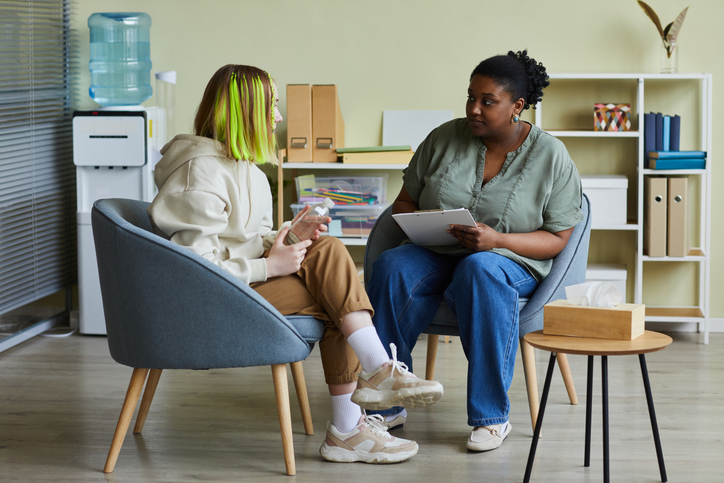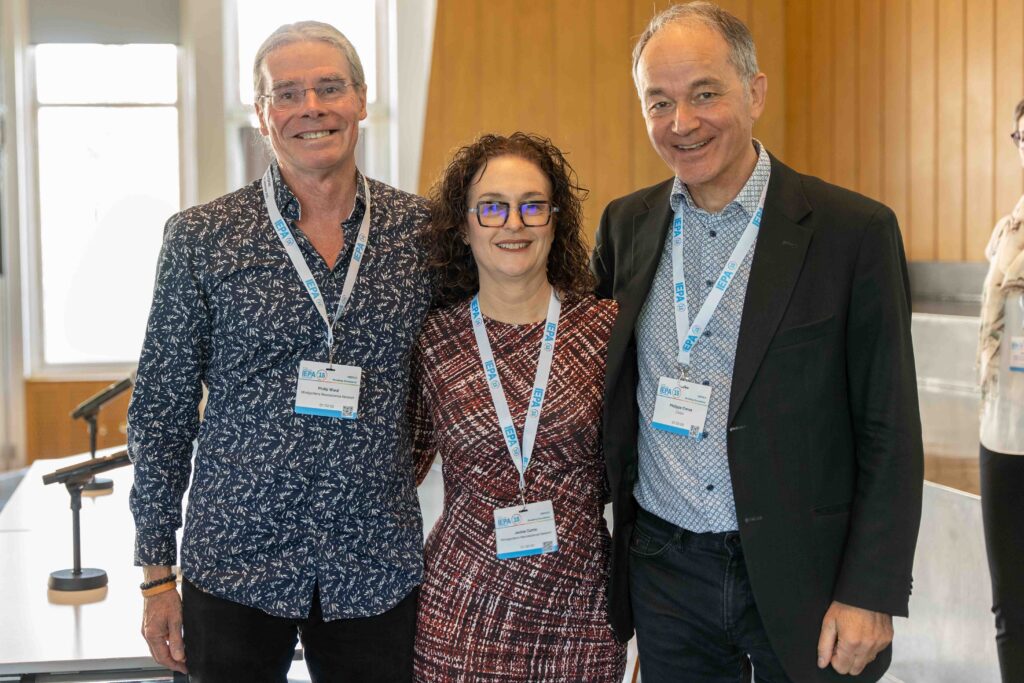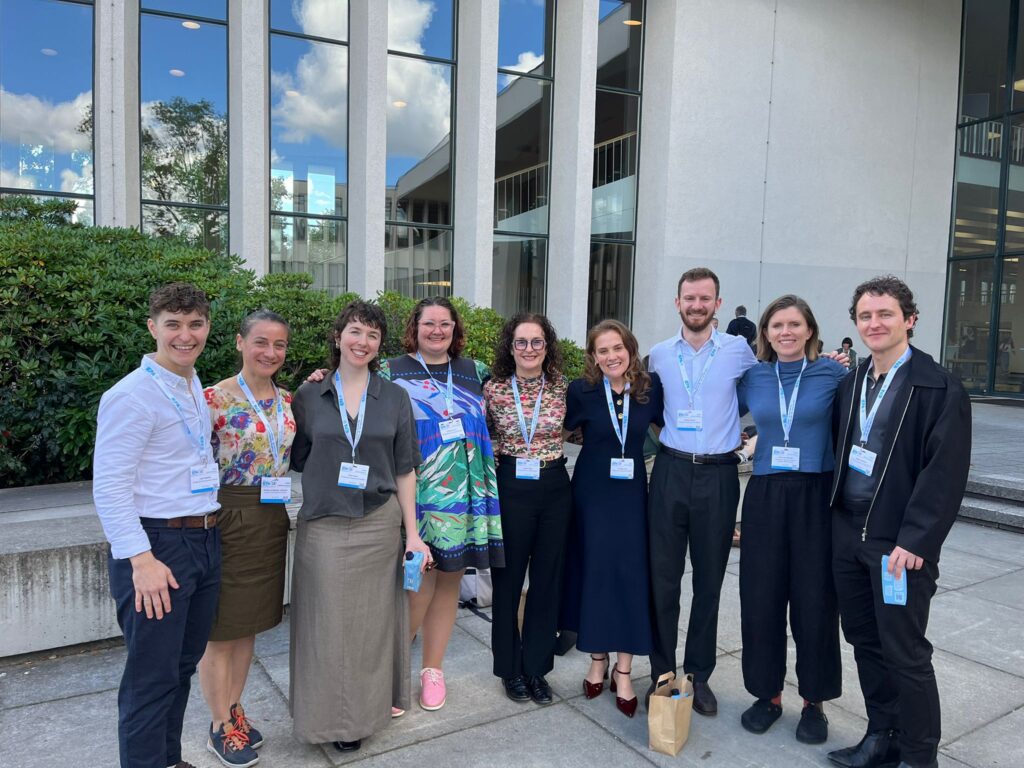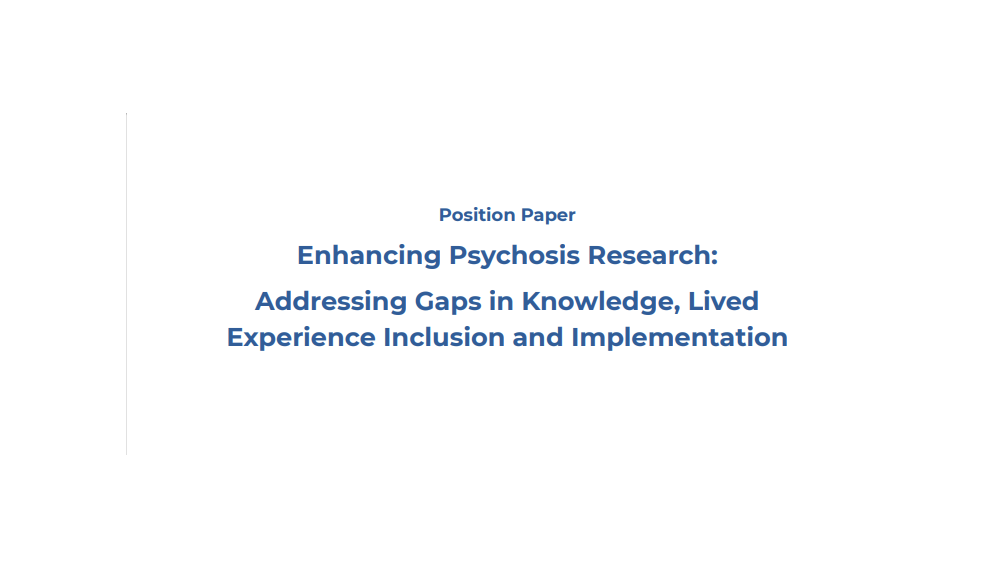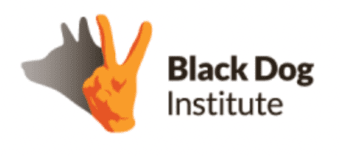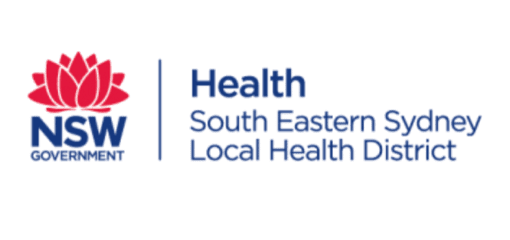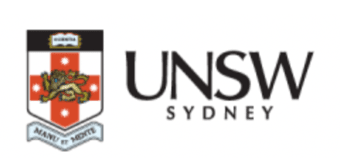Youth self-harm program reduces hospitalisations, self-harm and suicide ideation
A pilot program to reduce rates of self-harm and suicide in young people, the Youth Brief Intervention Service (YBIS), has resulted in significantly fewer hospitalisations for self-harm and reduced suicide ideation amongst youths aged 12- 25 years.
Dr Scott Teasdale, co-author of the report and Senior Research Fellow School of Medicine & Health at UNSW, said YBIS confirms early intervention and support can improve the lives and outcomes of young people experiencing mental ill-health.
“The Youth Brief Intervention Service is a tailored support service for young people who present to our mental health services with suicidal ideation and/or self-harm behaviours,” Dr Teasdale said of the evaluation of the program, which has been published in the journal Early Intervention in Psychiatry.
“Of the 136 young people referred to YBIS, 99 were accepted into the program and a remarkable 80% of those completed the entire package of care. Both participants and their carers reported high satisfaction levels with the program.”
Between June 2021 and October 2022, Mindgardens Neuroscience Network worked with the South Eastern Sydney Local Health District (SESLHD) to deliver YBIS with a focus on practical outcomes, assessing the pilot program’s feasibility, acceptability and effectiveness.
Participants engaged in four sessions, either virtually or in-person, over a one-month period, which focused on building their emotional resilience, making plans for how to keep safe when experiencing urges to self-harm and building robust support systems.
When comparing participants three months before and after the program, YBIS team psychiatrist and report co-author Dr Jeffrey Ball, Consultant Psychiatrist of Youth Mental Health SESLHD, said participants’ mental health had improved significantly.
“Overall, we’re very pleased the pilot program was successful for our participants who experienced positive changes in mental health status, reduced self-harm incidents, improved general health and enhanced overall functioning and quality of life,” Dr Ball said.
“This program is an accessible and effective program that improves the lives of young people who experience mental health crises, and their carers.”
The pilot program delivered significant success for participants, with mental health-related emergency presentations declining by 83% and in-patient days dropping from an average 11 to 0 three months after program completion.
The program’s results offer a promising way forward for youth mental health in Australia, where the number of young people reporting high to very high psychological distress more than tripled between 2007 (9%) and 2018 (32%), and 50% more young people aged 16 – 24 received a mental health disorder diagnosis in 2021 (39%) compared to 2007 (26%).
Professor Jackie Curtis, Executive Director of Mindgardens, said the YBIS represents a transformative approach to mental health care.
“The Youth Brief Intervention Service demonstrates that we can make significant improvements in the lives of young people experiencing serious mental ill-health, particularly suicide ideation and self-harm behaviours,” she said.
“The pilot program is not only feasible and acceptable but also objectively beneficial – it aligns with our goal of reducing mental health-related emergency department presentations and in-patient stays while enhancing wellbeing.
“By showing our young people and their carers how to self-manage their experiences of mental ill-health and their symptoms, including emotional regulation and crisis planning, YBIS is more than a service – it’s a lifeline for our youth.”
Brings together the strengths of four founding organisations

